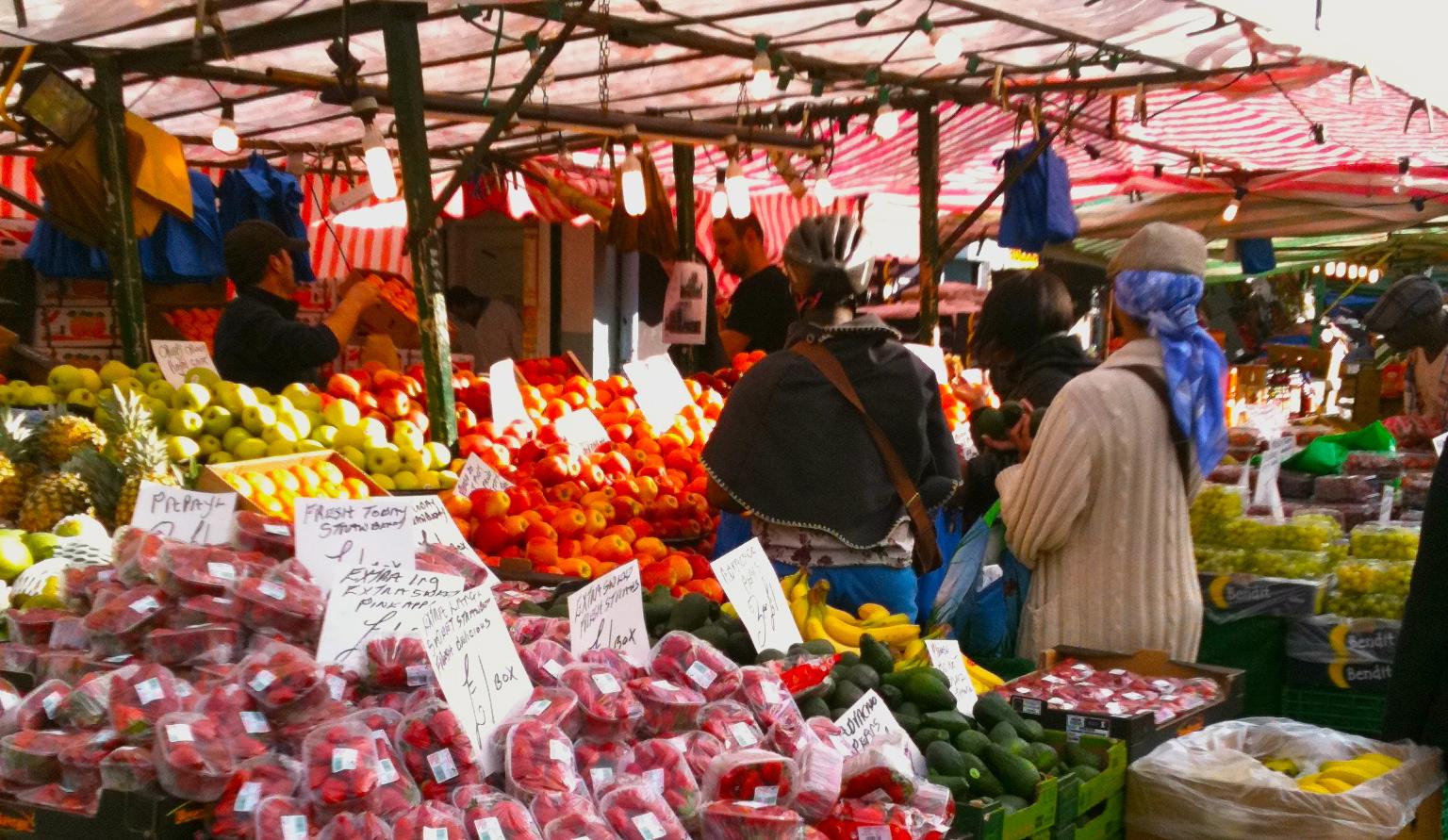The latest grocery share figures from Kantar Worldpanel, published last week for the 12 weeks ending 24 May 2015, show continued slow growth in the supermarket sector with sales increasing by just 0.2% compared to a year ago. As performance of the Big Four supermarkets continue to drop, our team took to the streets to find out the underlying reasons behind it.
An overarching reason for the decline of supermarkets appears to be the resurgence of independent food stores. Between 2010 and 2014, the number of independent high street food stores has grown by 100%; which seems to align with the growing public disinterest in chain stores and their poor performance. 93.3% people in our survey said that they already do or would frequent independent stores such as bakeries, grocers and wine shops if they had one nearby.
We also correlated this information with the public’s biggest consideration when choosing where to shop. 35% of people surveyed who lived outside London chose convenience as the biggest factor when choosing their supermarket, compared to 29% living in London. The majority of those in London chose quality as the biggest factor – perhaps linking to the rise of good quality independent food stores. London has led the growth in food businesses by far, with 20 per cent of the new independent shops located in the capital. Jason Stockwood, CEO of Simply Business, says: ‘While we can see a national increase of small businesses making the most of the “foodie” revolution, it’s clear that London has seen the more concentrated side of this growth spurt as they positively emerge from our economy’s downturn faster than other regions.’
Another factor that should be taken into account when assessing the drop is the marketing strategies of the big four. In our survey, we asked people whether advertising and marketing affected their choice of supermarket – nearly 70% said that it did. Interestingly, 69% of people said that they shopped at discount supermarkets Lidl and Aldi, whose growth analysts attribute to the poor sales figures of the big chain supermarkets. Recently, both Aldi and Lidl have dramatically upped their advertising budget – in January 2015 alone, Aldi spent £4.5m on advertising, coming second only after Sainsbury’s. Lidl also increased their budget by 138% in 2014. Consumers are clearly influenced by advertising – it should be noted that Aldi and Lidl appear to have taken advantage of this, increasing their advertising presence and gaining positive results.
When compiling our survey, we were interested in assessing the effectiveness of self-checkout systems with view to determining whether they could be contributing to the drop in profit. Not only are the big four supermarkets lowering their prices, but when surveyed, 36% of people said that due to a malfunction of the self-checkout system, they have noticed that their scan wasn’t registered and they weren’t charged for the product. If over a third of people notice that they are not being charged for products, it is likely to impact on profits overall. Interestingly, Lidl and Aldi do not have self checkout systems – could this be another reason why they continually out-performing the Big Four?
All of the major supermarkets are finding growth difficult, and this trend looks set to continue. With the continuing growth of independent stores and increasing consumer apathy to chain supermarkets, it is clear that the Big Four will need to dramatically up their game to stay in the game.
by Miranda Wadham




